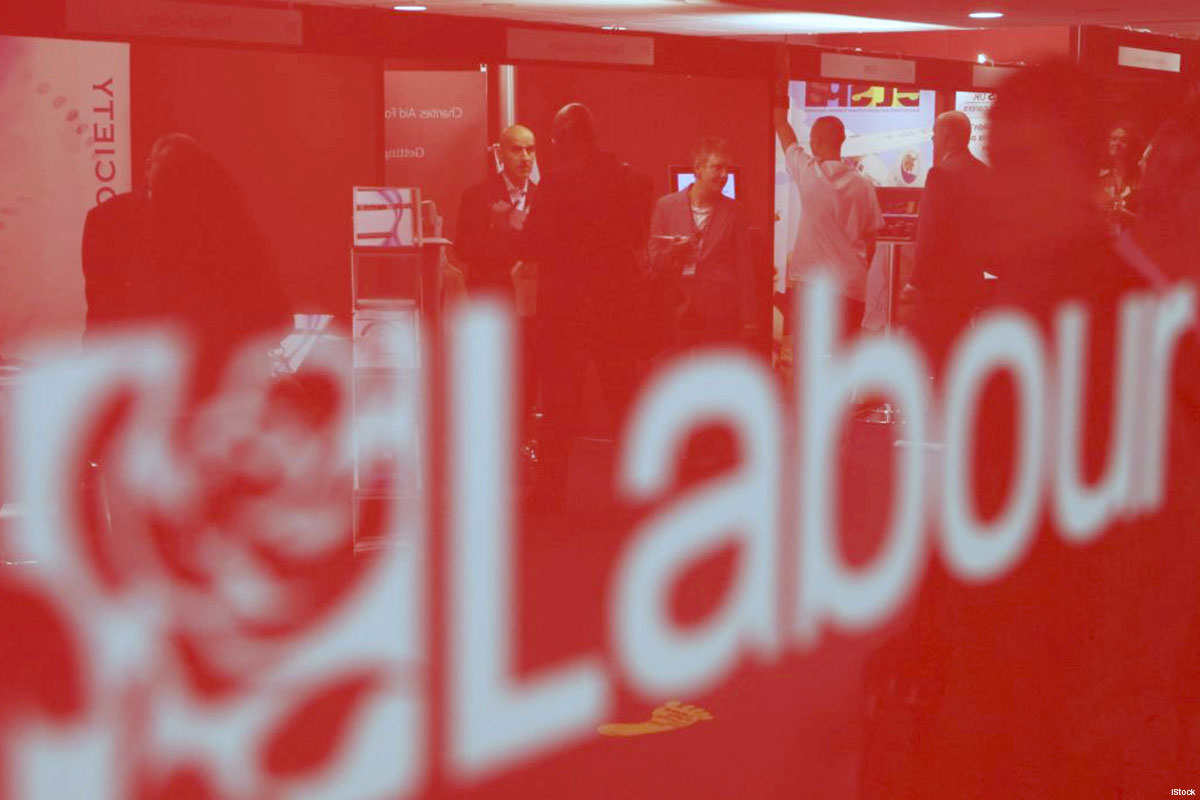We ran social media and communications for John Grogan’s re-election campaign for Keighley and Ilkley. We attempted to defend a majority of 249 in a seat which arguably typified the mood of the English electorate. These are our observations.
Our remit from the Constituency Labour Party headquarters was a simple one: avoiding national issues, run a campaign focusing on local issues in Keighley itself. We would attempt to focus the minds of the electorate on community focal points such as the ageing Airedale Hospital, the unpopular planned Incinerator and plans championed by John for a new Police Station in the centre of the town. We found this to be a well-planned strategy that was consistently implemented throughout the campaign; people were reminded of and thankful for the superb work completed by John during his 2 and a half years in office.
On Europe, John had been committed to a soft Brexit when elected in 2017 but had come to support a second referendum with remain on the ballot paper over the course of his short term in Parliament. Despite it being a ‘leave’ constituency, John’s message on Brexit resonated with Ilkley – Keighley’s constituent partner, a sleepy spa town which voted overwhelmingly to remain. As such, we achieved Labour’s best ever result in the ward.
Nevertheless, on the 12th December we were taught a crushing but valuable political lesson: you can run an incredibly effective local campaign, but if there is a deficiency of faith in the competence of your Party’s leadership, the electorate will punish you. Nationally, the Labour Party’s vote share dropped 8%, with the figure only 2% (around 1,000 votes) in Keighley, enough for the Tories to reclaim what they had lost in 2017. This offers consolation and vindication of our efforts whilst proving that even a well-built local dam cannot hold back a national tide as strong as Thursday’s.
The spectre of this result was apparent from the very start of the campaign. On their doorsteps a countless number of constituents, both leavers and remainers, gave the same message: we like Grogan, but we cannot risk Corbyn. By the end of the campaign, our canvassing data objectively and bluntly showed an overwhelming detraction from voting Labour. I remember one poignant conversation with a particular voter, who despite identifying as a liberal Europhile and supportive of John, still intended to vote Conservative as he could not contemplate a Corbyn-led Labour Government. Simply put, this was not a ‘Brexit’ election, but a Corbyn one.
To think of this result as anything other than an outright rejection of Corbyn and his ideology is to succumb to armchair socialism. Policies that may spur arousal and self-congratulation in Leeds Student Union and London Fabian meetings do not have the same effect on the northern towns that the Labour Party depends on for support, including crucial swing seats like Keighley. People want straightforward answers to the problems that face them, i.e. ‘Get Brexit Done’, recruit more police officers, build more hospitals.
People want their Prime Minister to exude patriotism and strength, not to have a complicated and morally conflicted past. There were merits to Labour’s manifesto, but it was viewed as unrealistic by those who need a Labour government and over-indulgent to those who were to fund it. Its defenders will say that Corbynism has radicalised political discourse in the UK, and that a ‘principled’ Labour party is better than ‘selling-out’ for government. For their own benefit, hopefully the husk that remains of the PLP enjoy discussing these principles. Simultaneously, hard-working constituency MPs like John have lost their vocation and Boris Johnson will preside over a period of political dominance unparalleled in recent times.
Some might point out that Keighley was won under Corbyn’s party leadership in 2017, but given the aforementioned difference between local and national swing one can confidently say it was won despite, and not because of, Corbyn and that he has only become more of a repellent since, as evidenced both by polling and our very real experience on people’s doorsteps.
The Labour Party must quickly slap itself out of its haze of romanticising socialism and purifying its ideology. Until it is once again a credible force for social justice and equality, its abject un-electability provides the biggest threat to the most vulnerable in our society.
Image: globalresearch.ca
Jamie Welham and Richard Burn

